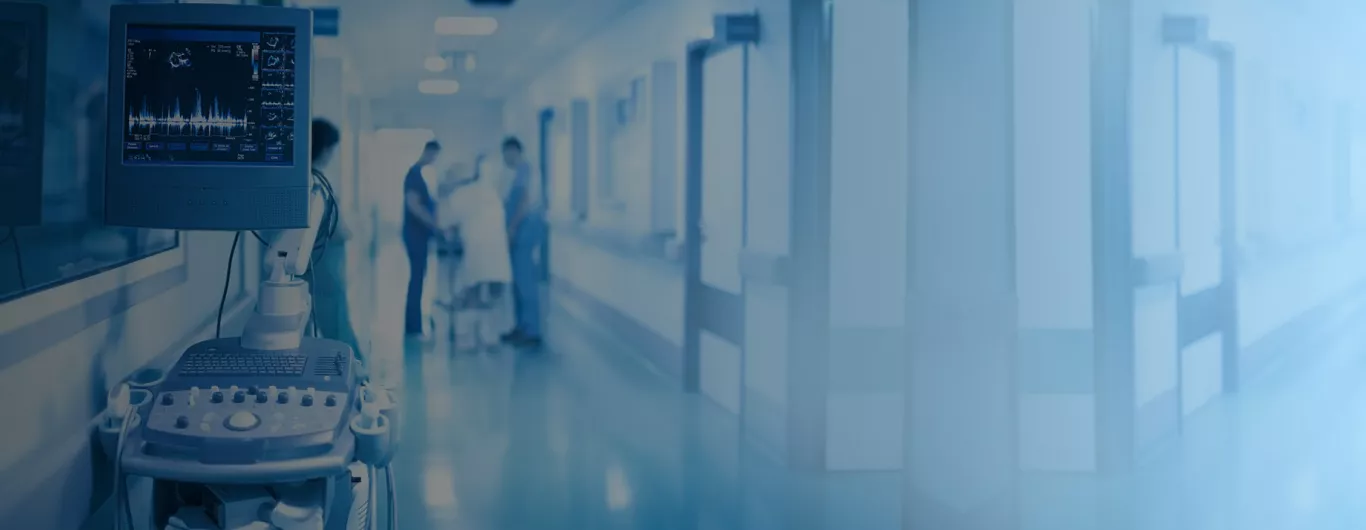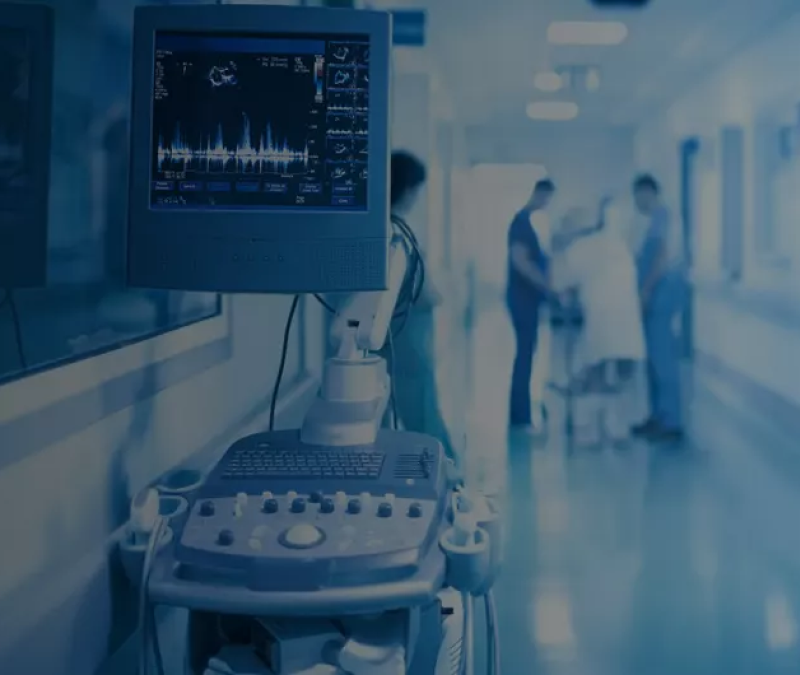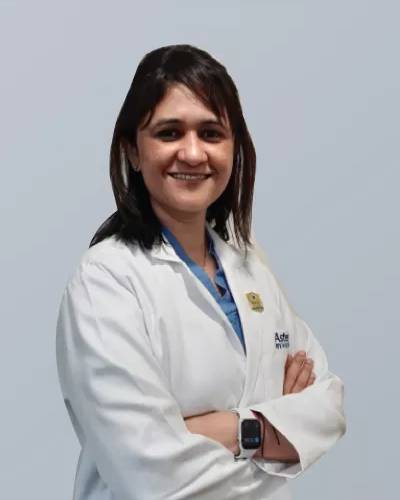Advanced Centre for Critical Care
The critical care unit provides round-the-clock care to patients in life-threatening conditions, which requires life support systems and intensive medical interventions. The department of critical care & emergency at Aster RV Hospital JP Nagar comprises of an experienced team of doctors who are dedicated to providing high-quality patient care with compassion.
Patients with organ failure or dysfunction, like pulmonary, cardiac, neurology, kidney, liver, and others are taken care of by the Critical Care Unit (CCU). The Intensive Care Unit (ICU) is committed to providing special care to patients, ensures high chances of survival and matches the International structural and Standard protocols.
Aster RV is considered as the top critical care centres in JP Nagar. It is well-equipped with outstanding technology and advanced facilities, such as a mechanical ventilator, extracorporeal membrane oxygenation machines (life support), hemodialysis machine, and continuous venovenous hemofiltration.
Aster RV is one of the leading critical care hospital in Bangalore that is offering various forms of life support. The hospital also has organ donation centres in Bangalore. All patients are monitored closely during the treatment and after major surgery which helps to improve the patient’s health conditions and overall quality of life.
The intensive care and critical care medicine department provide efficient and effective patient care delivered by specially-trained ICU medical staff including intensivists, ICU nurses, ICU paramedical staff, and rehabilitation specialists.
If there’s an immediate threat or health emergency, take the patient to the nearest hospital for emergency medical care. Don’t take any risks, like driving alone or self-medicating during medical emergencies. Remember, Aster RV Hospitals' emergency care unit in Bangalore is open 24/7 to give you the best medical care possible.
Advanced facilities provided at the hospital include:
1. Mechanical ventilator.
2. Extra Corporeal Membrane Oxygenation (ECMO) machines.
3. Intra-aortic balloon pump machine (IABP).
4. Hemodialysis machine.
5. Continuous venovenous hemofiltration.
Our Doctors
We have some of the best specialists from around the world, they bring years of experience and offer evidence-based treatment to ensure the best care for you.
FAQs
Want to find out more about the treatment? The answer to your questions can be found below.
What is the role of a critical care physician in a patient's treatment journey?
Critical care physicians in Ongole examine patients’ critical illnesses and diseases through a comprehensive monitoring process. This process includes a physical examination, diagnostic and imaging tests, analysis of previous reports, identification of potential side effects and associated risks, and, after considering all steps, treatment of patients with the best treatment plan.





